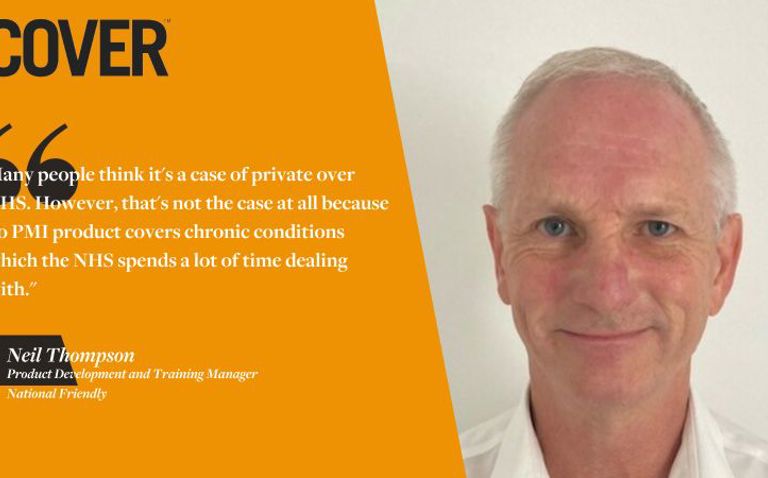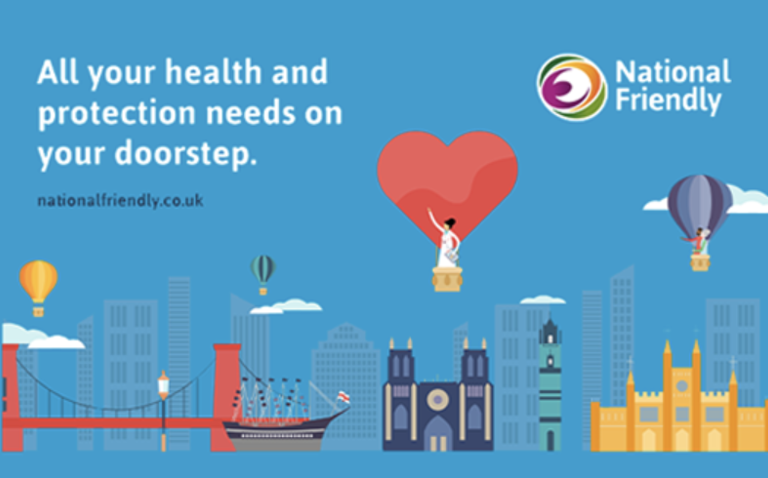Why does a healthy person need income protection? Employment contracts typically include a fixed number of sick days where the employee continues to get paid when they're unable to work. However, chances are this won't cover long-term sickness that lasts months, which is where insurance can fill the void.
Traditionally, income protection has been bought by working professionals looking to protect their financial security from unexpected health conditions. Among younger demographics, the product has seen less penetration, with customers preferring to insure items such as smartphones and pets.
Yet, the trend is changing. Income protection has an opportunity to obtain a new youthful client base. Oliver Jones, Sales & Distribution Director at National Friendly, explores the drivers behind the widening of the market and the implications it has for the industry.
Income protection is still a foreign concept for many young customers. The notion of paying for protection against the unlikely possibility of getting too sick to work may seem unnecessary. However, the global pandemic has shown us we aren't invincible and has changed this outlook.
Jones says: "I think the pandemic has made people realise that their income is imperative, but it isn't guaranteed because the unexpected does happen. Covid has been a prime example of this, and we've just seen the biggest income protection plan of all time, the Government's furlough scheme, because essentially it was free income protection. This is a very relevant and timely example, and has demonstrated to people the need to protect their income, because the scheme protected people's income when they needed it the most."
The pandemic finally brought people's health and job security into public discussion as important factors that shouldn't be taken for granted.
According to the Resolution Foundation, 24% of 18-24-year-olds were furloughed. Yet, Jones highlights that traditionally, this demographic is less likely to take out income protection. Insurance is perceived as a cost that is sold to people, rather than being sought after, despite people being familiar of the benefits of furlough.
He says: "Providers and advisers need to help educate the public. Because clients who do have salary protection understand and see the value of it, especially in their time of need."






















